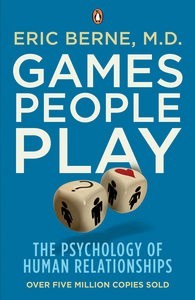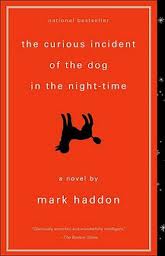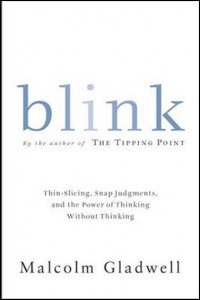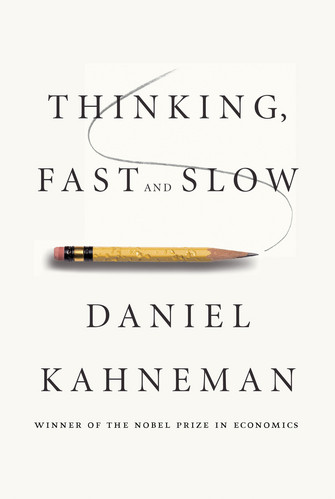Since the mind first gained the ability to conceive of its own capacity, humans have searched for ways to turn the light of consciousness upon itself. Before modern science, learning more about what makes us tick was left to philosophers and religion, to speculative theories and storytelling. While Hippocrates first conjectured that mental disorders were physical rather than supernatural in nature as early as the 4th century BCE, psychology didn’t see its first advancements into the laboratory setting until the late 19th century. Since then, humanity has achieved an unprecedented level of enlightenment about our own cognitive processes.
We’ve compiled a list of some of the best modern psychological books. While classics like William James’ The Varieties of Religious Experience, Freud’s The Interpretation of Dreams, and Jung’s The Archetypes and the Collective Unconscious obviously deserve mention on a list like this for laying the groundwork that subsequent psychology was built upon, we’re narrowing our focus here to more recent books that have greatly impacted the layperson’s understanding of the way the human mind works.
 Games People Play by Eric Berne (1964)
Games People Play by Eric Berne (1964)
Though we like to think of social interactions as ways in which we make connections with other people, much of the social behavior of humans is driven by mind games we’re not even aware of. In his landmark book on the subject, Eric Berne details the games we play in our various relationships, whether the games be for power and control in our work relationships, competitive games for status with our peers, or sexual games in our romantic relationships. With his focus on the procedures and rituals we follow in the various mind games we create, Berne’s book changed the way many people view the dynamic of human relationships.
 Flow: The Psychology of Optimal Experience by Mihaly Csikszentmihalyi (1991)
Flow: The Psychology of Optimal Experience by Mihaly Csikszentmihalyi (1991)
In his book Flow, personal development guru and esteemed psychologist Mihaly Csikszentmihalyi provides enthralling analysis of the euphoric state of nearly uninterrupted concentration that many people experience. The state of “flow” occurs when our focus is honed so sharply that we are completely involved in the task at hand and essentially lose our self-consciousness. Best of all, Csikszentmihalyi details methods anyone can use to achieve this level of concentration and awareness almost at will.
 The Curious Incident of the Dog in the Night-Time by Mark Haddon (2003)
The Curious Incident of the Dog in the Night-Time by Mark Haddon (2003)
Mark Haddon’s spellbinding book is such an insightful glimpse into the perceptions of people on the autism spectrum that it’s the only work of fiction to make this list. The first person narrator, a teenager with an autistic disorder, tries to solve the neighborhood mystery of who killed a neighbor’s poodle with a garden tool. Through his years of experience working with people on the autism spectrum, Haddon effectively sheds light on their sensory perceptions and cognitive processes while telling a compelling story.
Blink: The Power of Thinking Without Thinking by Malcolm Gladwell (2005)
We’re often led to believe that snap judgments are always a bad thing, but Malcolm Gladwell challenges that notion in Blink. In this accessible read, Gladwell details behavioral economics theory and the processes of the “adaptive unconscious,” which is capable of making rapid decisions and judgments about given scenarios with a high degree of effectiveness. While making a strong case about how our brain is capable of thinking without our active conscious involvement, he also points out the drawbacks to this, such as humanity’s tendency to stereotype.
Thinking, Fast and Slow by Daniel Kahneman (2011)
Nobel Memorial Prize winner Daniel Kahneman’s recent compendium on years of his behavioral research is a fascinating read. He goes in depth about cognitive bias (whereby we create our own social realities), prospect theory (where we make choices based on perceived losses or gains rather than final outcomes), and his general research on the nature of happiness. The scope of this book is as impressive as its author’s long history of research, and Kahneman will certainly make you stop and think.

